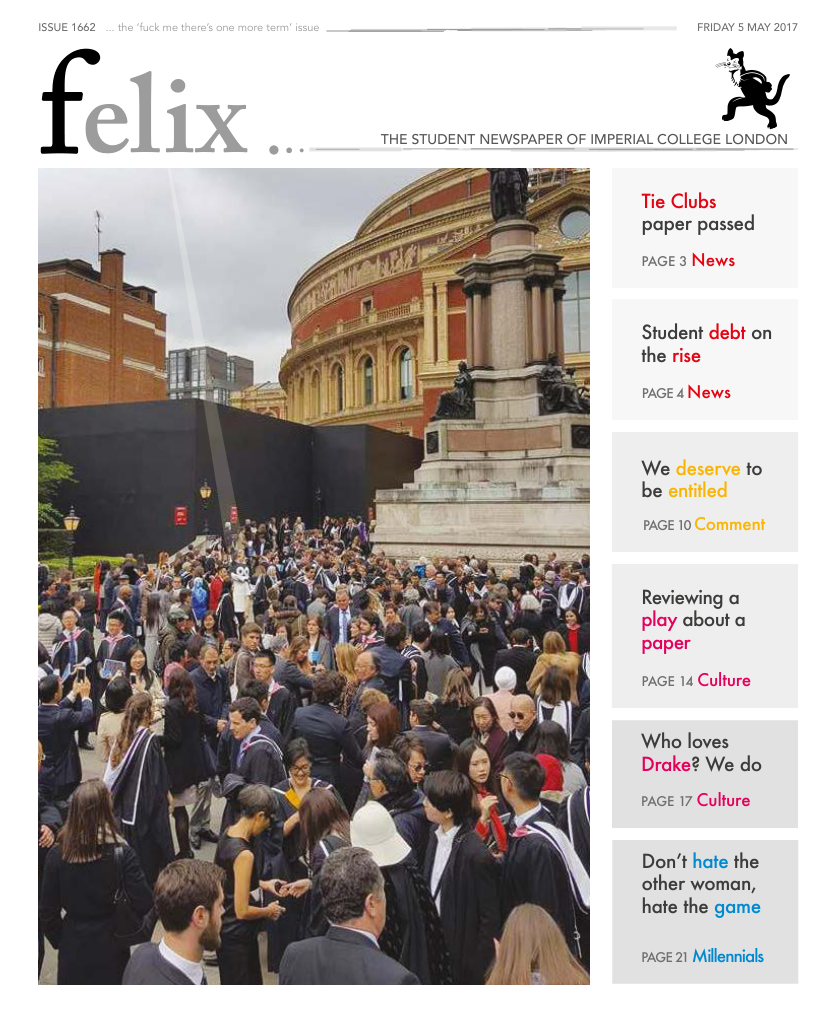The West's little nuclear problem
Charles Titmuss thinks that North Korea hold all the cards in the little game of nuclear war

In the last month, relations between North Korea and the rest of the world have soured, due to a series of missile launches. North Korea is one of the world’s most secretive and oppressive states, and has harboured nuclear ambitions for a long time. Its complex relationship with the rest of the world can be put down to its history and the governing Kim dynasty.
North and South Korea were founded in the confused aftermath of the Japanese surrender in 1945. The Soviet and US armies occupied the country up to the 38th parallel north and began administering the two zones separately. Although there were plans for an eventual reunification of the whole peninsula, the onset of the Cold War prevented this. Therefore in 1948 two separate states were set up: North Korea under the leadership of Kim Il-Sung and South Korea under Syngman Rhee. Both states were supported by the relevant ideological superpowers, the North by communist China and the Soviet Union and the South by the US and NATO. Both states had the desire for a reunified Korea, and in 1950 the North decided that a military invasion of the South would achieve this. The war ended in 1953, with both sides more or less back at their starting positions, but never officially made peace, contributing to the climate of suspicion and barely contained aggression that continues to the present day.
In 2012, a new ruler, Kim Jong-Un, ascended to the throne as the newest dictator. Since then North Korea has been increasing frequency and brazenness with which it carries out both missile tests and nuclear detonations, with the goal being that of nuclear weapons that can hit America. To put this in a strategic context, the ultimate aim of the North is the reunification of Korea and the total security of the state. In order to do that, it will need to conquer the South while in turn being immune from foreign aggression. It cannot muster overwhelming force militarily when compared to the forces of its potential enemies, nor can it rely on past allies such as China to supplement its military strength.
By adopting nuclear weapons capable of striking their enemies, they are able to adopt the MAD doctrine, and thus render themselves invulnerable to enemy attacks unless those enemies want to go nuclear. Nuclear weapons would also enable the North to threaten other states with a nuclear strike in order to obtain economic or territorial concessions, for example removing trade restrictions, or surrendering South Korea in its entirety to the North. Overall, the prospect of a nuclear armed North is bleak and terrifying for its opponents, leaving no checks or balances on the regime.
Therefore, what can be done about North Korea? Currently the approach is the “soft” method, embargoes on the regime. This has impacted the North Korean economy by denying it access to Western markets, but it remains functional mainly due to the support of China. China is an ally of the North, having fought unofficially beside it in the Korean war. Trade with China accounts for 83% of the North’s exports and 85% of its imports (OECD data), giving China a considerable amount of economic influence. Although China is showing signs of impatience with its nuclear ambitions – it refused a shipment of coal from the North recently – it is unwilling to halt trade completely and collapse the country’s economy entirely. Therefore, sanctions remain ineffective.
Another option that is currently under consideration is a military invasion of the peninsula. This would be costly, and it is doubtful that there is the political will for such a sacrifice. There is also the fact that North Korea have a considerable amount of heavy artillery aimed at the South Korean capital of Seoul at all times, capable of reducing it to rubble. Russia and China would also be reluctant to sanction such an engagement as it would alter the strategic balance of the region, placing US troops right on their border. The recent deployment of a THAAD anti-missile system met considerable opposition from both countries, so imagine the objection if the whole of NATO turned up at the 38th parallel.
A third option is turning Pyonyang into radioactive rubble, but this is even more unlikely than a land invasion. No one wants to cremate Korea quite yet.
Essentially, North Korea has all the cards. China is unwilling to risk destabilising North Korea or allowing a greater amount of US influence in the region by a strengthened South Korea. This protects North Korea from the effects of Western sanctions. War is not viable due to reluctance from the West and the influence of Russia and China.
North Korea will continue to develop its nuclear weapons in relative peace, until it is ready to use them. Dialogue with the regime will be critical in order to attempt to make it more open and less fond of nuking the world to a nice radioactive orange. This dialogue will have to come from both China and the US if it there is any chance of North Korea not possessing the ability to destabilise the Korean peninsula and the wider far east.









